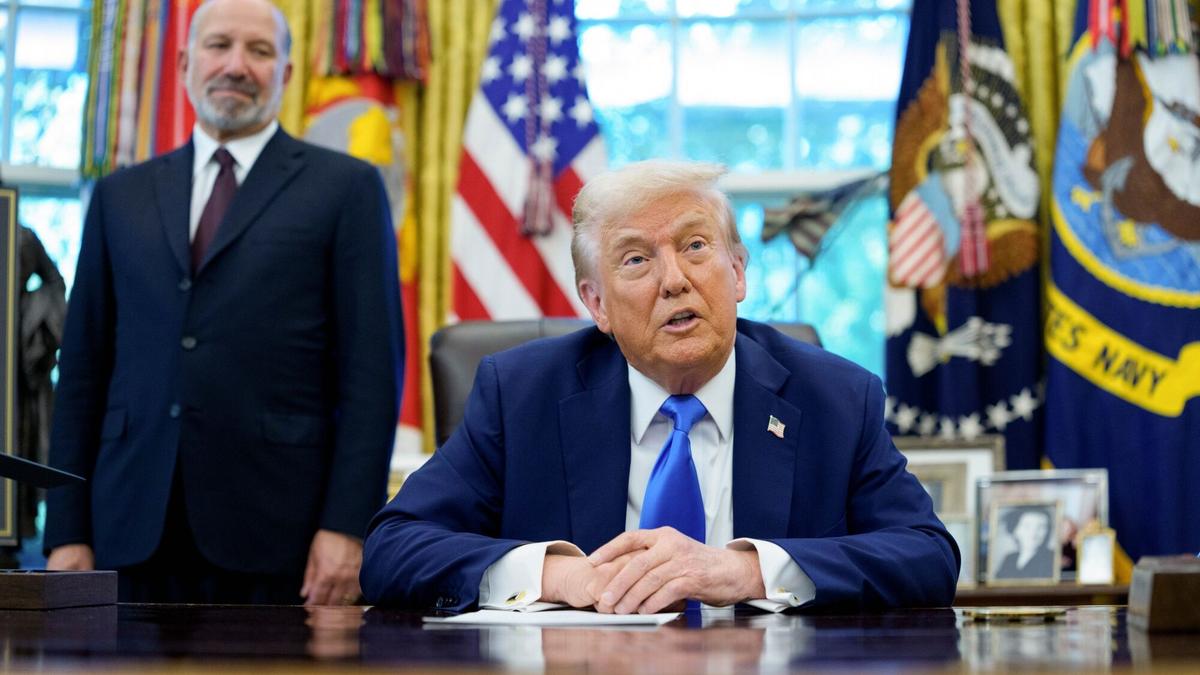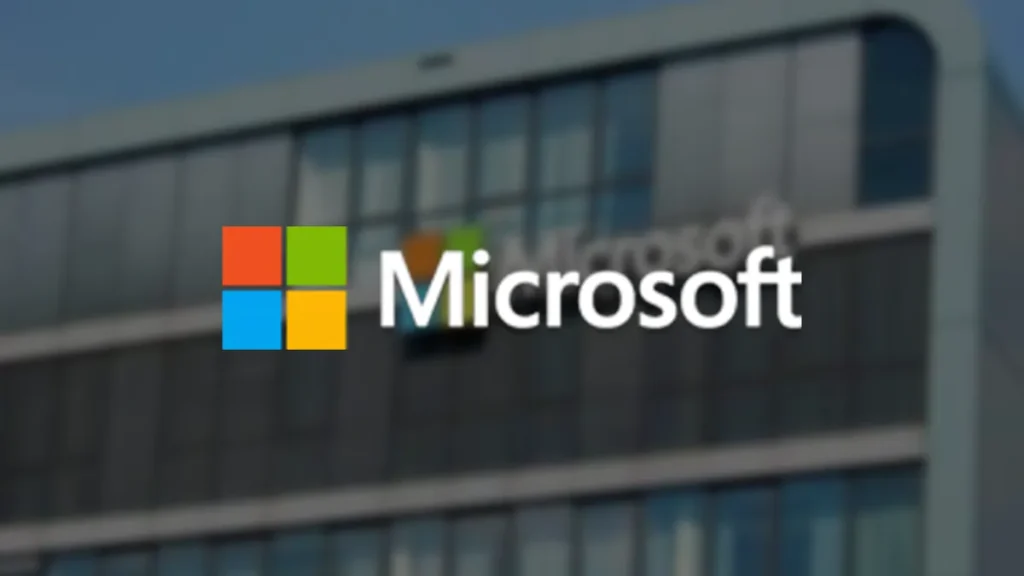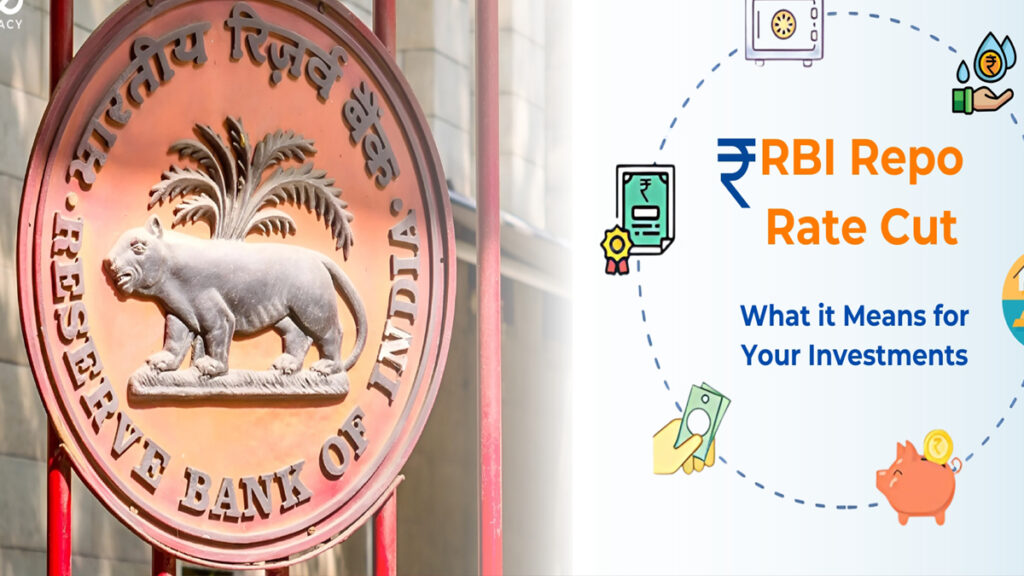Now Reading: Trump Administration Labels H-1B Program Abuse a ‘National Security Threat’
-
01
Trump Administration Labels H-1B Program Abuse a ‘National Security Threat’
Trump Administration Labels H-1B Program Abuse a ‘National Security Threat’

In a significant policy shift, U.S. President Donald Trump has signed a proclamation that identifies the abuse of the H-1B visa program as a “national security threat.“ This proclamation, which took effect on September 21, 2025, restricts the entry of certain foreign workers and imposes a substantial new annual fee on companies that use the program. The administration argues that these measures are necessary to protect American workers and national interests from what it describes as widespread exploitation of the H-1B system.
The Administration’s Rationale
The White House has articulated a two-pronged argument, citing both economic and national security concerns. Economically, the administration contends that the program, originally intended to bring in highly skilled, specialized talent to fill jobs where there’s a shortage of American workers, has instead been used to replace American employees with lower-paid foreign labor. The proclamation specifically points to the information technology (IT) sector, noting that the share of IT workers on H-1B visas has grown significantly over the past two decades.
The administration also claims that some companies have laid off thousands of American workers while simultaneously hiring large numbers of H-1B visa holders, sometimes even requiring the laid-off employees to train their foreign replacements. This, the proclamation argues, not only suppresses wages for American citizens but also discourages them from pursuing careers in science, technology, engineering, and math (STEM) fields, which could jeopardize American technological leadership in the long term.
From a national security standpoint, the proclamation states that domestic law enforcement agencies have investigated H-1B-reliant outsourcing firms for engaging in illicit activities, including visa fraud, money laundering, and other criminal conspiracies. The president’s administration claims that this reliance on a workforce brought in through a system susceptible to fraud poses a risk to the nation’s security and welfare.
New Financial and Regulatory Hurdles
To address these perceived issues, the proclamation imposes a new annual fee of $100,000 on companies for each H-1B visa petition. This new fee is a dramatic increase from previous costs, which ranged from approximately $1,700 to $4,500. The administration’s stated goal is to make it economically unfeasible for companies to use the program for lower-skilled or “trainee-level” positions.
The new rule applies to H-1B specialty occupation workers who are currently outside the United States. It directs the Department of Homeland Security and the Department of State to enforce the new payment requirement and to deny entry to foreign workers whose sponsoring companies do not provide the fee. While there are provisions for the Secretary of Homeland Security to grant exemptions in cases deemed to be in the “national interest,” these are expected to be rare.
Reactions and Potential Impact
The announcement has sent shockwaves through the tech industry and has drawn sharp criticism from business leaders and immigration advocates. Critics argue that the steep fee will not only hinder the ability of companies to attract top global talent but could also force some to move operations and jobs overseas. They claim that the changes could stifle innovation and harm the American economy, especially for smaller firms and startups that may not be able to afford the prohibitive cost.
Supporters, on the other hand, see the move as a necessary step to reform a broken system and to prioritize American workers. They believe that the increased financial burden will encourage companies to invest in training and hiring U.S. graduates, ensuring that the country’s own workforce is well-equipped to meet the demands of the modern economy.
The legality of the new fee is also being questioned, with some legal experts suggesting that a president does not have the authority to impose such a measure without congressional approval. The new proclamation is widely expected to face legal challenges, which could determine its long-term viability and impact on the U.S. immigration system.










